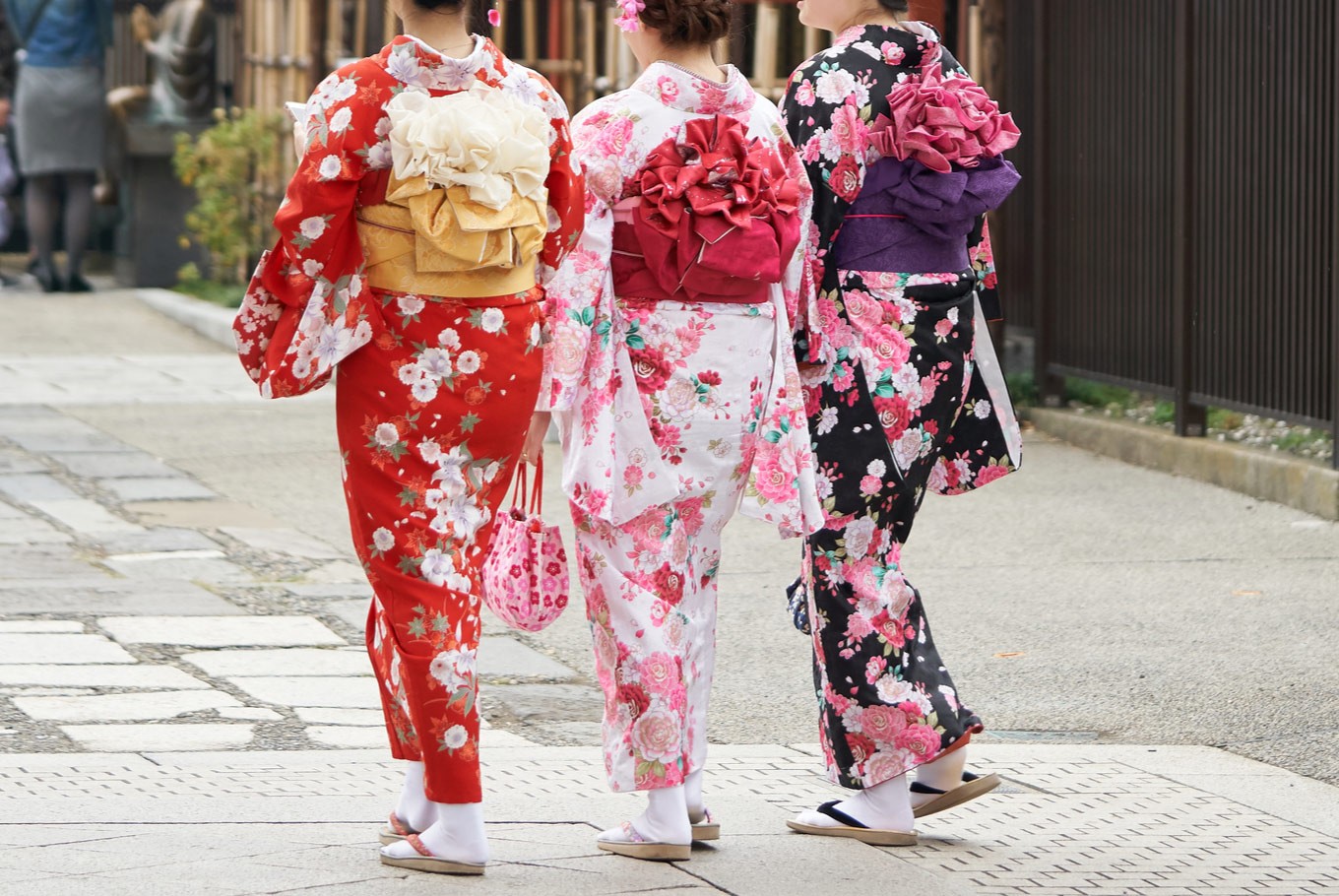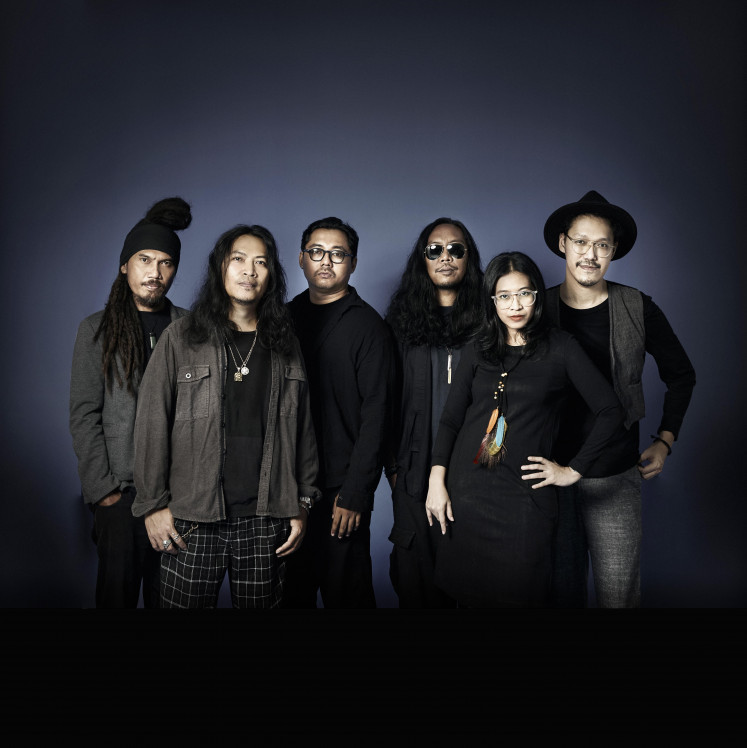Learning kimono with the masters
Change Size
 Three women don the Japanese traditional clothing kimono. (Shutterstock/File)
Three women don the Japanese traditional clothing kimono. (Shutterstock/File)
The Japan Foundation will hold a free matou, a kimono demonstration led by two Japanese sensei (teachers), in Jakarta.
The event, which will take place at the Di Hall on the Japan Foundation’s premises in South Jakarta on Saturday from 2 p.m. to 5 p.m., will showcase a variety of kimonos.
The kimonos will include the long-sleeved furisode that is worn exclusively by unmarried women; the male kimono, hakama, and the hanayome, which is a kimono usually worn by Japanese brides.
All the kimonos will be from Japan and are not part of the foundation’s collection.
The event is a collaborative effort between the foundation and Japan’s Kyoto Kimono Gakuin, a kimono school based in Kyoto.
It will feature a short lecture on the types and history of the kimono, the correct way to wear it, as well as a group game of putting on a yukata (a more casual type of kimono usually worn in the summer) the fastest.
Vivi, the foundation’s assistant program officer of the cultural division, says it hopes to bring on board two experienced kimono sensei, Yuko Ayano and Miyuki Ishii, from Japan to ensure the authenticity of the experience.
Ayano grew up with parents who practiced kumihimo (a form of Japanese braid-making). Aside from teaching at Kyoto Kimono Gakuin, she also has programs in Fukui Prefecture. She took an interest in kimonos from an early age.
Ishii, who began studying the kimono at age 20, is a kimono designer. She also teaches in Nishinomiya in Hyōgo Prefecture.
“They are both lecturers from Kyoto Kimono Gakuin, and have studied the kimono for tens of years. Aside from presenting lectures about the kimono, they have also traveled to various destinations for kimono-related events,” Vivi says.
“Visitors will have a chance to try on the kimono and yukata. We want the event to be educational and fun,” Vivi says, adding that it should be especially informative because most non-Japanese cannot tell the difference between ayukata and a kimono at first glance.
The audience response has been exceptional, Vivi says.
The foundation holds similar kimono events (and other traditional Japanese garments) at least once a year. It has always attracted a large number of visitors, and is one of the foundation’s most popular events.
Vivi says visitors range from adults, workers, to high school and university students. This is, however, the foundation’s first collaboration with Kyoto Kimono Gakuin.
Vivi says the foundation has always been in awe of how deep the interest in Japanese culture in Indonesia is, not only in entertainment-related events, but also in culture, social and language events. “The easiest way to see this is simply by looking at the number of our social media followers.”
In response to this interest in all things Japanese, Vivi says the foundation works with a variety of Japanese institutions, including the Embassy of Japan, the Japan National Tourism Organization, the Japan External Trade Organization and the Japan Student Services Organization.
“This year will officially be the 60th anniversary of Japanese-Indonesian diplomatic relations,” says Vivi. “The hope is to sustain and develop the relationship between the two countries through these programs.”
_________________
The MATOU workshop will be held on Saturday, June 30, from 2 p.m. to 5 p.m. at the Di Hall, the Japan Foundation Jakarta. Entry is free. For further information contact Vivi or Niqmah at 021-5201266









